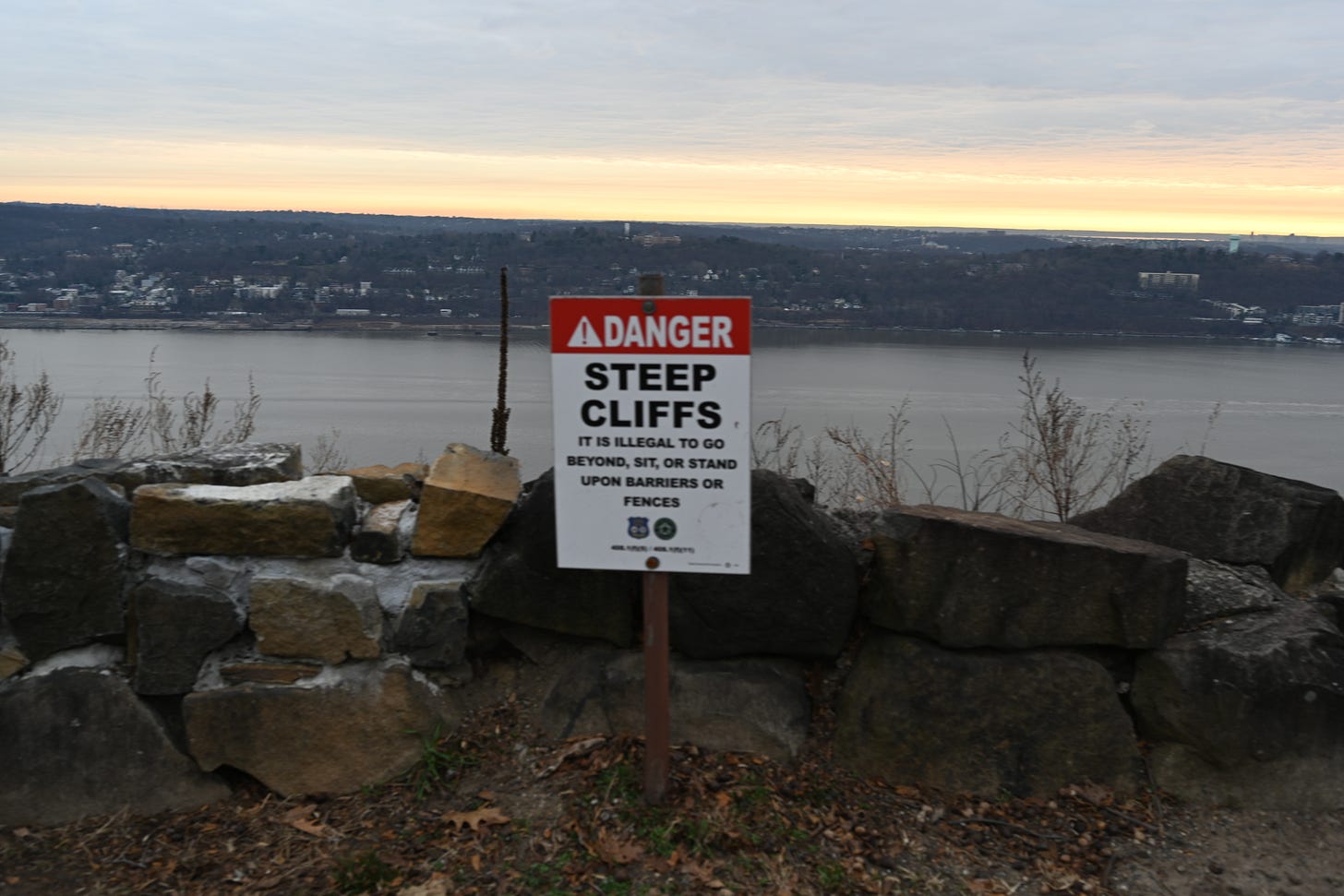Safety is an illusion.
We lie to ourselves all the time.
We tell ourselves that we’re safe in our homes and our cars.
Those of us with ‘safe,’ cushy occupations look out in horror at the firefighters and manual laborers of the world, who face danger every day like it’s nothing.
Everyone’s fears are different. You might avoid the subway because of the high rate of crime, drive the speed limit to avoid a car accident, always wash your hands before you eat in case there are germs on them that might make you sick.
Maybe you’re not afraid of bodily harm. Maybe your avoidance is invisible. Maybe you keep yourself closed off from other people so they can’t hurt you.
It’s easy to see when these neuroses are taken to the extreme. For example, someone afraid of crime might not go outside at all, or only stick to one tiny neighborhood that they know is ‘safe.’ An extreme hypochondriac might limit contact with other people entirely unless they can somehow be verified as free from contagion. Extreme social phobia might turn someone into a shut-in.
Someone with a ‘normal’ level of fear avoidance might call this behavior crazy. But we all do it to some extent. We all stay in a comfort zone that makes us feel like our lives are not in danger. The difference between ‘sane’ and ‘crazy’ is just a matter of degree.
After all, who’s crazier than someone with a blatant lack of fear, and an utter disregard for their own safety?
The level of illusory safety that’s considered normal is probably higher in modern times than it was in the past. We’re pretty comfortable with our double-locked doors and our burglar alarms and our yearly check-ups that assure us that if we were dying, we’d know beforehand.
That comfort zone is always a lie.
You roll the dice every day.
Living is a risk. Scared of the train? You’re statistically more likely to die on the highway (probably, anyway—look it up yourself).
Scared of illness? If you don’t die before then, you’re gonna get old and sick at some point, no matter how many times you wash your hands.
Even if you shut yourself in your apartment behind a steel door and fifteen heavy-duty locks, you can’t protect yourself from a natural disaster or a nuclear war or your own frailty due to Vitamin D deficiency.
We could all die at any time. Sure, the chances go up when you’re skydiving or bungee jumping or installing steel beams five hundred feet in the air.
But you can’t hide from fate.
It’s not easy to cope with this reality. It’s terrifying. We want the illusion. That’s why seatbelts are legally required and health insurance is expensive and people haven’t rioted yet about the grotesque privacy invasion at airport security.
Whatever helps you sleep at night.




